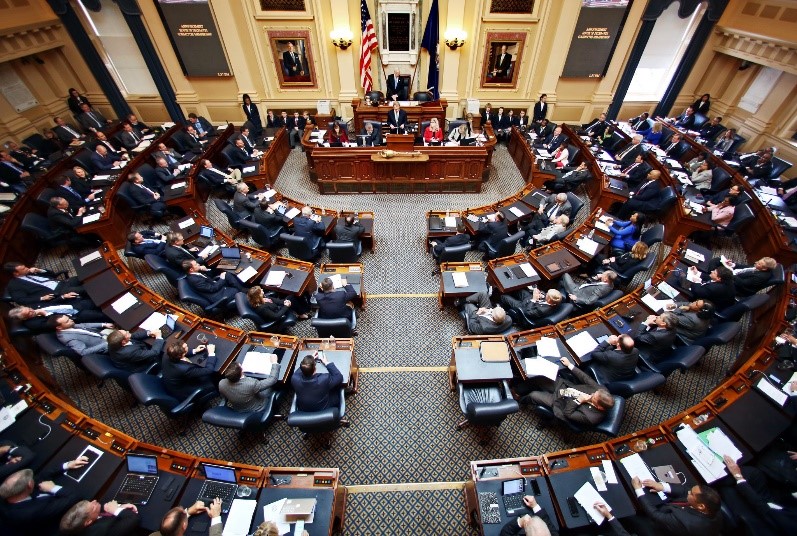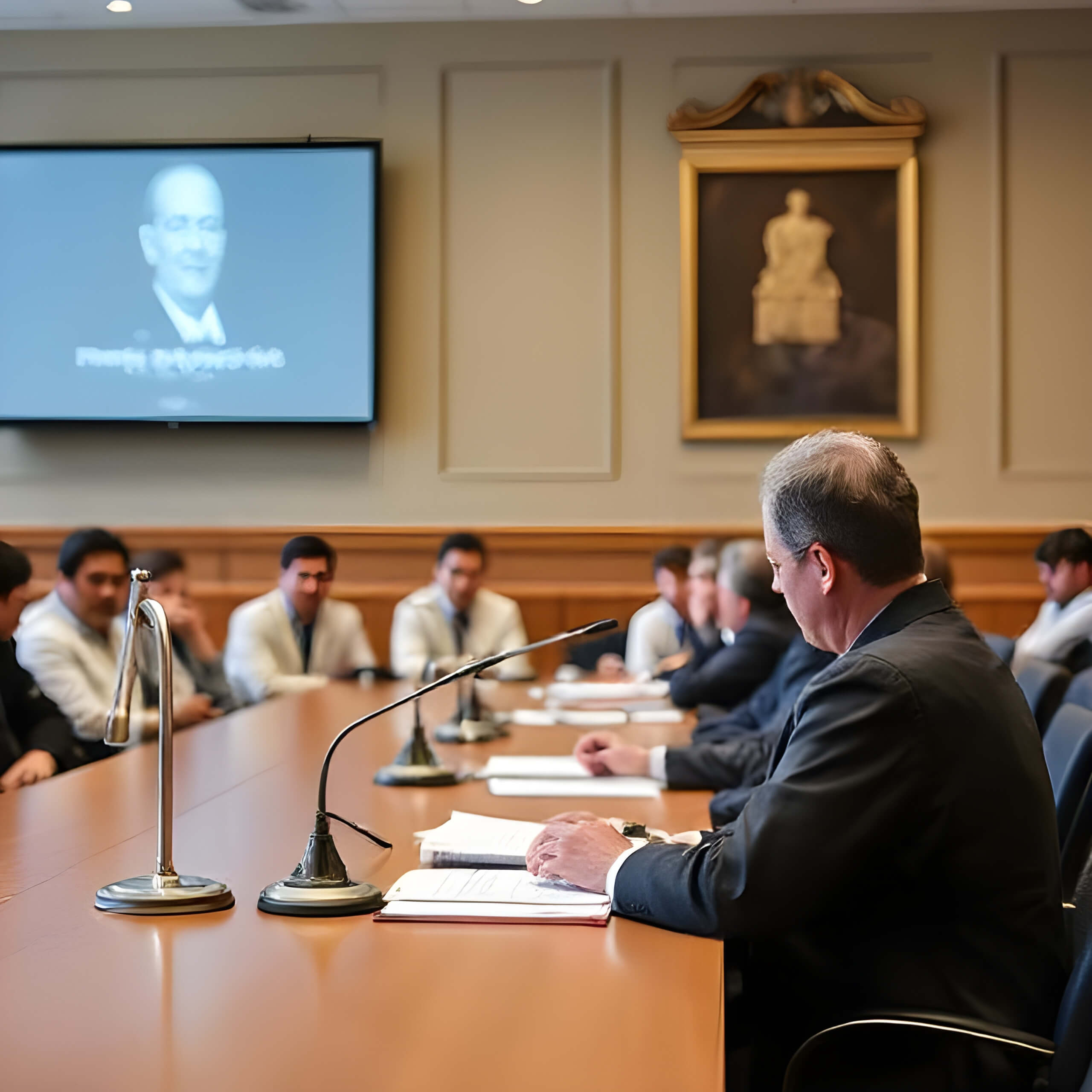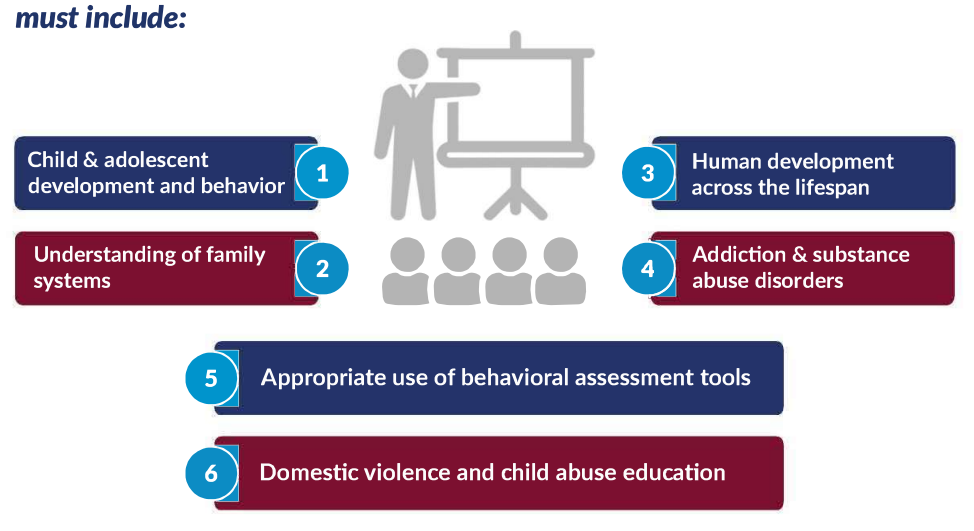Achieving a More Perfect
Democracy in Virginia
Empowering Virginians
to Vote for Judges
Join the movement to promote judicial accountability
and make judicial elections a reality in Virginia.
Voting for Judges is a Vote for Justice
Ensuring the People’s Vote on Election
of Judges in Virginia
Why this Petition Matters?
We the qualified voters of virginia, hereafter referred to as the people, request a constitutional amendment to modify the judicial selection process in virginia (according to vac article xii, section 2) to include a vote by the people for district and circuit court judges. That the people vote on election of public officials is a fundamental principal of a democracy (vac article i, section 2).
In only two states, virginia and south carolina, the people are not allowed to vote on election & retention of judges. Wherein, judges are appointed by state legislators and at times by the governor, an elite group. In virginia, legislators and judicial selection committees, whose members are mostly lawyers, may vet and nominate judges who embrace political agendas.
Appointed judges may render rulings out of deference to political movements and accountability to the lawyers & members of the legislative body who nominated them without objective oversight. Wrongful judicial determinations have wide-spread public health implications such as: increase in bankruptcies, adverse childhood experiences, housing insecurity, job loss, wrongful convictions, poor health and mental health conditions affecting not only the individuals involved, but communities at large- impacting our nation’s health.
No branch of governments in a democracy shall have unbridled or unlimited power nor act without accountability to the people. Additionally, on matters of judicial accountability, judicial misconduct complaints shall be public records and subject to the provisions of the virginia freedom of information act.
I support this cause and affirm the demand for a constitutional convention to ensure the people’s vote on election & retention of lower court judges – an important change to the virginia state constitution.
(I attest that i am a legal resident of the united states of america and not a minor).

Why Change the System?

In virginia, judges are appointed through a process that involves the state legislature. Here’s a summary of how it works:
- Legislative appointment: judges in virginia are appointed by the general assembly, which is the state’s legislative body. This is unique compared to most states, where judges are either elected by the public Or appointed by the governor.
- Selection process: the appointment process typically begins with nominations. Members of the general assembly, often through recommendations from lawyers or bar associations, nominate candidates for judicial positions. The nominees are then reviewed by the legislature.
- Legislative vote: once candidates are nominated, the general assembly votes to appoint judges. This vote is usually conducted by both houses of the legislature: the virginia house of delegates and the virginia senate. A majority vote in both houses is required to confirm the appointment of a judge.
- Terms and reappointment: judges in virginia serve specific terms based on their court level: Supreme court of virginia: judges serve 12-year terms. Court of appeals: judges serve 8-year terms. Circuit courts: judges serve 8-year terms. District courts: judges serve 6-year terms. After their term ends, judges may be reappointed through the same legislative process.
- Interim appointments: if a judicial vacancy occurs while the general assembly is not in session, the governor can make a temporary appointment. However, this appointment must be confirmed by the general assembly when it reconvenes.
This system allows for judicial appointments to be influenced by the political leanings of the legislature, which has led to calls for reform, including our current proposal for allowing the public to vote on the election and retention of judges.
Failure of Procedural Due Process in Judicial Selection and Reappointment in Virginia
Procedural due process generally ensures that the public has a fair opportunity to participate in government decisions, including judicial selection and reappointment.
In Virginia, unlike other states the General Assembly (state legislature) is responsible for selecting and reappointing judges. However, the process is legislative, not judicial, meaning due process protections for the public are limited.
Procedural due process rights for public input in judicial selection and reappointment are not guaranteed. For example:
1. Public Notice & Hearings
- The Virginia Judicial Selection Process typically includes public hearings where citizens, attorneys, and organizations can express support or opposition to judicial candidates.
- However, the public rarely receives these notices. The majority of the public has no idea when a judge or candidate is up for reappointment, nor are they fully aware of this process.
- Judicial candidates and sitting judges up for reappointment are reviewed by the Courts of Justice Committees in both the House of Delegates and Senate.
- Public input is generally allowed, but the extent to which public input is considered is minimal or negligible.
2. Right to Submit Evidence & Testimony
- The public can submit written statements, evidence, or testimony regarding a judge’s performance or qualifications.
- However, there is no legal requirement that the legislative committee must consider or respond to public comments.
- Typically there’s no response to the people on the committee’s opinion of the public’s comments nor is an explanation given to the public of why a particular judicial officer may have been reappointed despite public opposition.
3. Access to Records & Transparency (FOIA Rights)
- The Virginia Freedom of Information Act (FOIA) provides a right to access government records related to judicial selection, including:
- Evidence submitted in hearings (unless confidential).
- Meeting minutes and legislative reports.
- If records were withheld improperly, Virginia residents may have legal grounds to challenge the process.
4. Legislative Discretion & Limits on Due Process
- Judicial reappointment is a political process, meaning the legislature has broad discretion.
- Unlike in a courtroom, legislators are not legally required to consider all evidence or provide detailed explanations for their decisions in Virginia.
- Courts are reluctant to intervene in legislative decisions unless there is a clear constitutional violation (e.g., denial of access to public hearings or discriminatory exclusion).
- Additionally, because courts are composed of appointed judges, there is an inherent conflict of interest when they are asked to rule on the judicial appointment process—the very process through which they themselves were appointed.
This raises concerns about impartiality and the judiciary’s ability to objectively assess the procedures governing their own selection and reappointment.
Consequently, the process by which judges are appointed and reappointed in Virginia lacks sufficient due process and resembles more of an oligarchy, where the public is largely excluded, and their comments are given minimal consideration, with their input seeming almost negligible.

Key Arguments for Switching to an Election-
Based Judicial Selection Process in Virginia
Increased Accountability
Elections would hold judges directly accountable to the public. Voters would have the power to remove judges who do not reflect the community’s values or who are perceived as unjust or ineffective.
Transparency
An election-based system would increase transparency in the judicial selection process. Voters would have access to information about candidates’ qualifications, judicial philosophies, and past rulings, allowing them to make informed decisions.
Reduction of Political Influence
The current system, where judges are appointed by the General Assembly, can lead to appointments being influenced by political considerations rather than merit. Elections could reduce the potential for partisan politics to play a role in judicial appointments.

Public Trust and Legitimacy
Allowing citizens to vote for judges could enhance public trust in the judicial system. When judges are elected, the judiciary is seen as more legitimate and reflective of the community’s will, rather than being a product of political bargaining.

Diversification of the Bench
An election system could promote greater diversity within the judiciary. Candidates from different backgrounds might have a better chance of being elected if they can appeal directly to the electorate, as opposed to navigating the political process for appointments.

Empowerment
Moving to an election-based system empowers citizens by giving them a direct voice in choosing those who make critical decisions in the judiciary, which is essential for a healthy democracy.
Get Involved
Now is the time for the people of virginia to take a stand and ensure that our voices are heard in the judicial selection process. By signing this petition, you can help bring about a crucial change to virginia’s constitution that will allow us, the citizens, to vote for our judges. This amendment will empower us to choose who sits on the bench, holding them accountable to the principles of justice and fairness that we all deserve. Your signature is more than just a name on a page; it’s a step towards a more transparent, democratic, and just legal system. Join us in this movement to make sure that the judiciary reflects the will of the people. Sign the petition today and help shape the future of justice in virginia.
In ensuring the people’s vote For judges campaign
Constitutional Guideline for Amending Judicial
Selection in Virginia
Article xii: Future changes,
Section 1: Amendments
Any amendment or amendments to this constitution may be proposed in the senate or house of delegates, and if the same shall be agreed to by a majority of the members elected to each of the two houses, such proposed amendment or amendments shall be entered on their journals, the name of each member and how he voted to be recorded, and referred to the general assembly at its first regular session held after the next general election of members of the house of delegates. If at such regular session or any subsequent special session of that general assembly the proposed amendment or amendments shall be agreed to by a majority of all the members elected to each house, then it shall be the duty of the general assembly to submit such proposed amendment or amendments to the voters qualified to vote in elections by the people, in such manner as it shall prescribe and not sooner than ninety days after final passage by the general assembly. If a majority of those voting vote in favor of any amendment, It shall become part of the constitution on the date prescribed by the general assembly in submitting the amendment to the voters.
Reference
Article xii. Future changes
Section 2. Constitutional convention
The general assembly may, by a vote of two-thirds of the members elected to each house, call a convention to propose a general revision of, or specific amendments to, this constitution, as the general assembly in its call may stipulate. The general assembly shall provide by law for the election of delegates to such a convention, and shall also provide for the submission, in such manner as it shall prescribe and not sooner than ninety days after final adjournment of the convention, of the proposals of the convention to the voters qualified to vote in elections by the people. If a majority of those voting vote in favor of any proposal, it shall become effective on the date prescribed by the general assembly in providing for the submission of the convention proposals to the voters.
Reference





